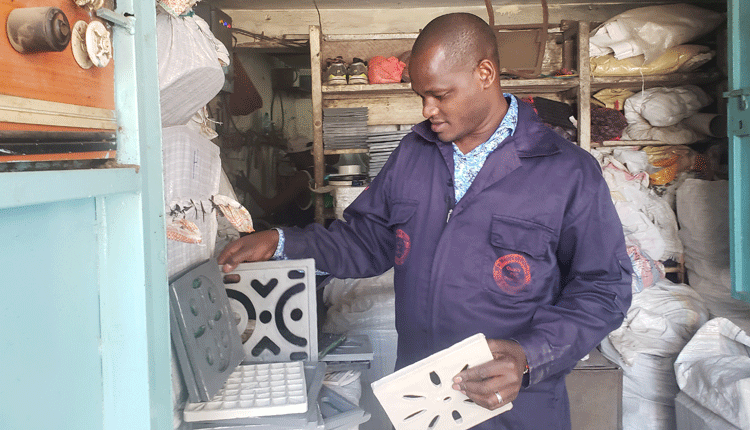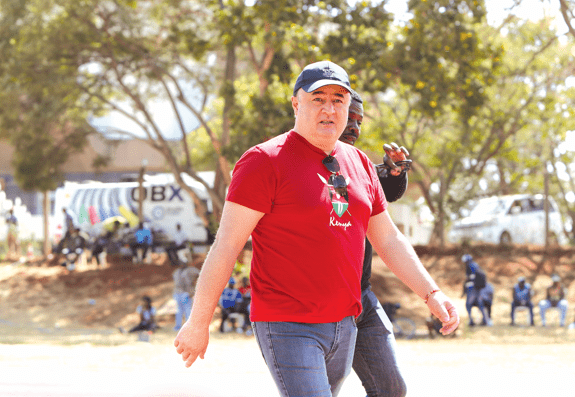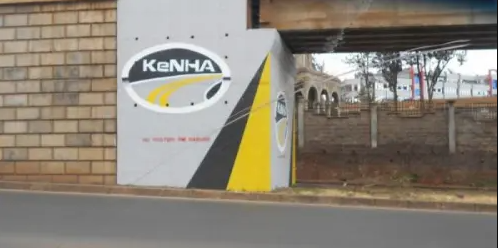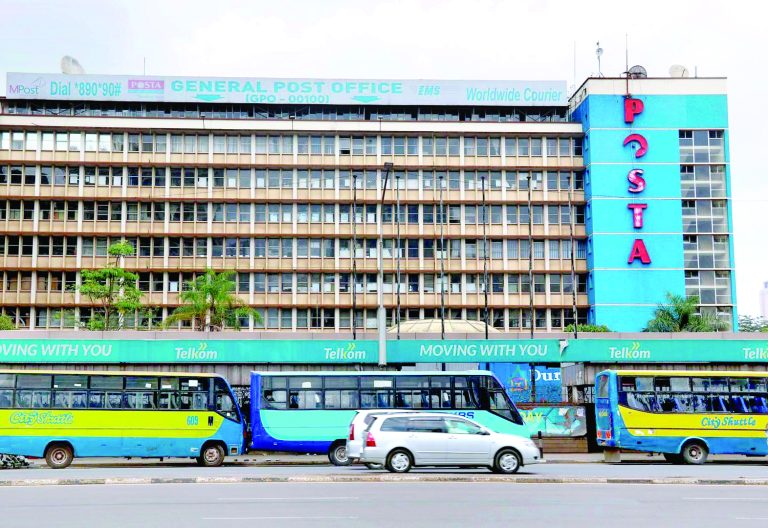Turning trash into cash to save the environment

When we arrive at Wamonicah’s Plastics and accessories business in Kariobangi South, we find people busy in their workstations.
Some of them are cutting different products, others sorting plastics, and others washing plastics. In a different room, everyone is operating a machine.
One man, who was busy checking different products, caught our attention. He is Samuel Chege Kahura popularly known as Wamonicah wa Kariobangi South, the proprietor of this enterprise.
Donned in a navy blue overall, he welcomes us to his workshop. After taking us round, we settle on some chairs outside the workshop to get to know more about him and his journey.
Chege ventured into the plastic recycling in 2007, after reading and interacting with a lot of people who were making millions from the business. This exposure made him always wish to start his own recycling business.
“I always wished to join this sector because I had seen the business potential the sector possessed.
As an environmentalist, I couldn’t stand to see all those plastic waste released to the environment, something that is endangering our very own health,” he says.

Since he had no skills in the business, he asked for guidance from those in that sector. This is how he learned what he required and which product was more marketable.
Armed with Sh40,000, he bought a fabricated machine that year as well as raw materials from shoe-making factories, which cost him Sh80,000.
After that, he made a mould and he was ready to start his recycling business. He also hired someone who was well experienced in that area.
“I had settled on producing roofing washers since they were more marketable then.
Roofing washers are used to protect the roofing sheets from leaking rainwater.
However, I was surprised to learn that I was conned. Half of the raw materials I had bought couldn’t be used.”
Nonetheless, they used the remaining materials and managed to produce 20,000 pieces of roofing washers.
However, another challenge emerged—he didn’t have a market for his products. He was forced to use some middleman and that is how he lost all his stock.
Frustrated and with no capital to buy the raw materials again, he closed shop and concentrated on his eggs business.
He also set up a general shop and greengrocery mini store. Five months later, he revived the recycling business, but this time around he was wiser.
“When I revived the business, I had done my homework well. I had learned how to get the best material, I had also done a market survey and on top of that, I had identified several potential customers,” he explains.
He also sold his shop and used the proceeds to purchase another fabrication machine.
Now with two machines, he bought 400 kilogrammes of plastic waste, rented a place that was to serve as his workshop, and was ready for a second trial. This time, everything went on well since all the material was usable.
“To ensure I didn’t lose my stock again, I looked for the market myself. Because of this, I had to stop production.
I visited different locations selling my washers. One week later, I had sold everything. That was a good beginning,” he says.
Now with a lot of confidence, he decided to be selling to brokers to ensure production was not interrupted, but on a cash basis since looking for a market himself was a time-consuming affair.
Orders kept coming and he was forced to keep adding more machines and a number of workers.
“One and a half years later I decided to add chair/locker tappers to my production list since the demand was there.
Since then, I have never stopped adding new products to the list. In the future, I want to have a big recycling business that is fully automated,” he says.
Today, his business supplies construction materials made from recycled plastic all over the country.
He has also incorporated plastic waste from households to ensure no plastic ends up in our landfills. He recycles plastics from plastic chairs, PVC pipes, basins, plastic utensils, among others.
“I decided to incorporate households waste because they are cheaper to acquire and are readily available.
I realised that the environment is struggling to deal with loads and loads of the non-biodegradable waste produced from our homes and offices daily,” he explains.
He works with different plastic collectors across Nairobi county and his products are sought after because of their quality.
He is currently selling roofing washers, vents, chair tappers, and terrazzo strips.












